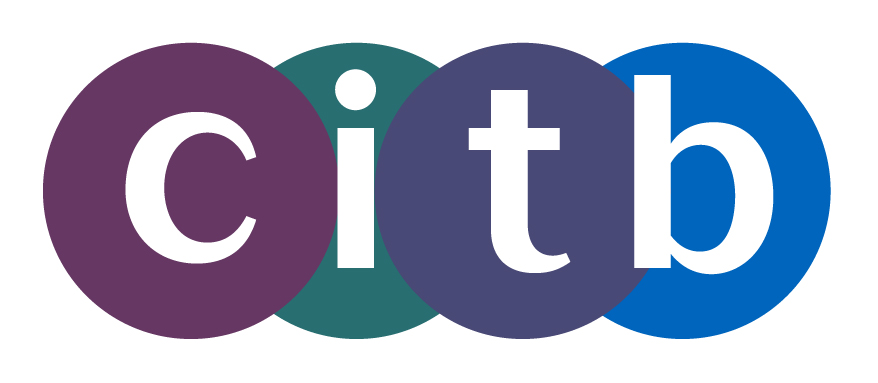Fire Safety Standard Consultation
Overview
This consultation aims to gather the views of the wider construction sector on the proposed content and implementation approach for the Basic Fire Safety Training Standard. This consultation is focused on the construction part of the sector but similar consultations will be taking place in Building Services.
Background to the development of the Fire Safety Training Standard
The recently published report ‘Setting the Bar – A New Competence Regime for Building a Safer Future’ outlines a number of industry-led recommendations to improve the competence of those procuring, designing, constructing, inspecting, assessing, managing and maintaining higher risk residential buildings. One of these recommendations is that ‘all installers have a core knowledge of fire safety in buildings – training to be standardised and made mandatory’ .
‘Setting the Bar’ is the second and final report of the Competence Steering Group (CSG), a group of more than 150 institutions and associations from across construction, built environment, fire safety and owner / manager sectors. The CSG was formed in 2018 to tackle the competence shortcomings identified in the Hackitt Review, Building a Safer Future, published in the wake of the Grenfell Tower fire in June 2017.
How would the training standard be implemented?
The training standard has been deliberately developed to set overarching criteria which would need to be met by any training delivered against this area across the Built Environment Sector. It describes a number of requirements for the type of delivery, assessment, quality assurance and content. Crucially it does not specify a specific training programme that must be used. The allows different parts of the sector to implement it in a way which aligns with existing mechanisms already in place.
Within the construction footprint (those activities in scope to the CITB levy) the proposal is to integrate the Training Standard into the existing Training Model approach. This would mean:
- The Training Standard would be added to the Construction Training Directory, enabling individuals and employers to identify and select approved providers and provision
- Providers would be required to become an ‘Approved Training Organisation’ to ensure they met minimum quality requirements
- Any grant payment attached to the Fire Safety Standard could be paid automatically to the employer without the need for submitting claims
- Individuals who successfully complete an approved provider’s course will have their achievement recorded on the Construction Training Register, able to be viewed by future employers.
Who would be required to undertake training against the standard?
While ‘Setting the Bar’ primarily focused on active and passive fire installers, the authors also considered the wider installer sectors. The report proposes ‘all installers should have a mandated core knowledge of fire safety within buildings through standardised training’. Although the recommendation is made specifically in relation to installers working on high risk residential buildings (HRRB) there is limited benefit in developing and policing a new training requirement which only applies to work carried out in this one context.
This consultation therefore proposes that the standard would apply to anyone who installs products or systems which contribute towards any building’s holistic fire safety strategy.
How often would the training need to be completed?
This consultation proposes that the fire safety standard be treated in the same way as other critical elements of health and safety training, with a requirement that individuals refresh their training at least every 5 years.
Once the training standard has been agreed CITB will explore whether and how the content could be incorporated into the current Health and Safety Test.
Now you have read the supporting information we would like to receive your views around proposed implementation and proposed content approaches for the Basic Fire Safety Training Standard.
You can save your responses and come back later should you wish.
Thank you for your contribution to improving standards in the construction industry.

Share
Share on Twitter Share on Facebook